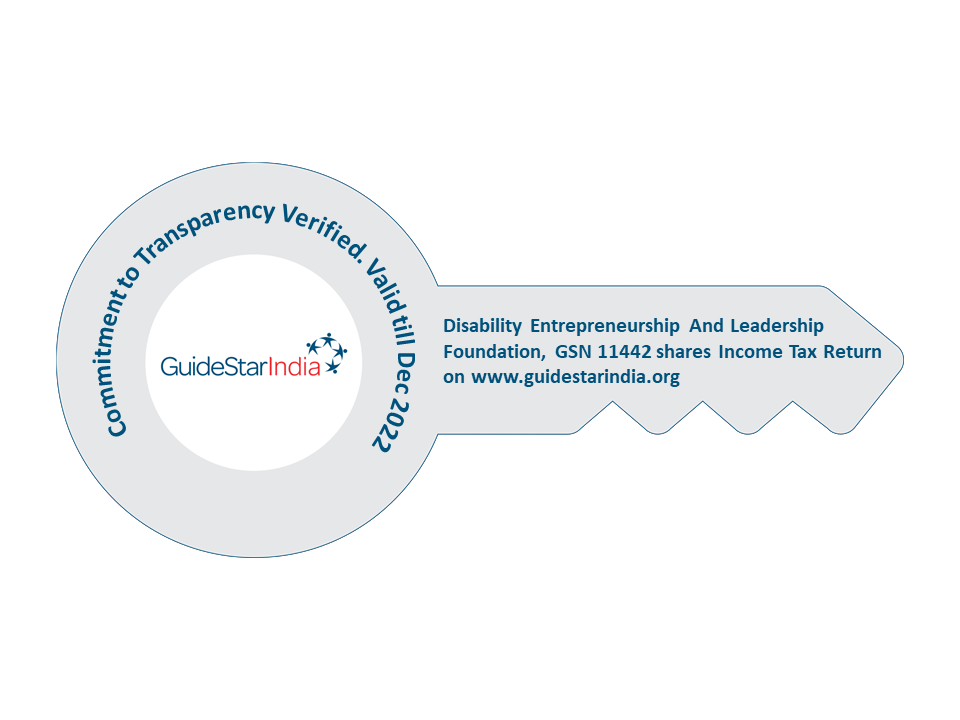Novel corona virus, without a second thought has been in the minds of individuals all over. Several people have lost their lives, while many others are still battling in hospitals or at home against this deadly disease.
I’m sure everyone of us are aware of the steps one needs to keep in mind in order to protect ourselves and our families and those staying around us. One of the important aspect we all need to take care of, is to boost our immunity level which will help us fight against the disease.
Therefore, I thought it will be both essential and helpful to understand some ways which can help us do this.
- Get enough sleep
Sleep and immunity are closely tied. In fact, inadequate or poor quality sleep is linked to a higher susceptibility to sickness. In a study in 164 healthy adults, those who slept fewer than 6 hours each night were more likely to catch a cold than those who slept 6 hours or more each night
Getting adequate rest may strengthen one’s natural immunity. Also, one may sleep more when sick to allow one’s immune system to better fight the illness
Adults should aim to get 7 or more hours of sleep each night, while teens need 8–10 hours and younger children and infants up to 14 hours If one is found having trouble sleeping, try limiting screen time for an hour before bed, as the blue light emitted from your phone, TV, and computer may disrupt your circadian rhythm, or your body’s natural wake-sleep cycle Other sleep hygiene tips include sleeping in a completely dark room or using a sleep mask, going to bed at the same time every night, and exercising regularly
- Eat more whole plant foods
Whole plant foods like fruits, vegetables, nuts, seeds, and legumes are rich in nutrients and antioxidants that may give you an upper hand against harmful pathogens.
The antioxidants in these foods help decrease inflammation by combatting unstable compounds called free radicals, which can cause inflammation when they build up in your body in high levels. Chronic inflammation is linked to numerous health conditions, including heart disease, Alzheimer’s, and certain cancers.
Meanwhile, the fibre in plant foods feeds your gut microbiome, or the community of healthy bacteria in your gut. A robust gut microbiome can improve your immunity and help keep harmful pathogens from entering your body via your digestive tract
Furthermore, fruits and vegetables are rich in nutrients like vitamin C, which may reduce the duration of the common cold.
Several whole plant foods contain antioxidants, fibre, and vitamin C, all of which may lower your susceptibility to illness.
- Eat healthier fats
Healthy fats, like those found in olive oil and salmon, may boost your body’s immune response to pathogens by decreasing inflammation. Although low-level inflammation is a normal response to stress or injury, chronic inflammation can suppress one’s immune system
Olive oil, which is highly anti-inflammatory, is linked to a decreased risk of chronic diseases like heart disease and type 2 diabetes. Plus, its anti-inflammatory properties may help your body fight off harmful disease-causing bacteria and viruses
- Eat more fermented foods or take a probiotic supplement
Fermented foods are rich in beneficial bacteria called probiotics, which populate your digestive tract. These foods include yogurt, sauerkraut, kimchi, kefir, and natto.
Research suggests that a flourishing network of gut bacteria can help your immune cells differentiate between normal, healthy cells and harmful invader organisms
If one fails to regularly eat fermented foods, probiotic supplements are another option.
- Limit added sugars
Emerging research suggests that added sugars and refined carbs may contribute disproportionately to overweight and obesity. Obesity may likewise increase your risk of getting sick.
Curbing one’s sugar intake can decrease inflammation and aid weight loss, thus reducing one’s risk of chronic health conditions like type 2 diabetes and heart disease. Given that obesity, type 2 diabetes, and heart disease can all weaken one’s immune system, limiting added sugars is an important part of an immune-boosting diet.
It is best advised to limit one’s sugar intake to less than 5% of one’s daily calories. This equals about 2 tablespoons (25 grams) of sugar for someone on a 2,000-calorie diet.
- Engage in moderate exercise
Although prolonged intense exercise can suppress one’s immune system, moderate exercise can give it a boost.
Studies indicate that even a single session of moderate exercise can boost the effectiveness of vaccines in people with compromised immune systems. What’s more, regular, moderate exercise may reduce inflammation and help ones immune cells regenerate regularly. Examples of moderate exercise include brisk walking, steady bicycling, jogging, swimming, and light hiking. Most people should aim for at least 150 minutes of moderate exercise per week
- Stay hydrated
Hydration doesn’t necessarily protect from germs and viruses, but preventing dehydration is important to one’s overall health.
Dehydration can cause headaches and hinder one’s physical performance, focus, mood, digestion, and heart and kidney function. Water is recommended because it’s free of calories, additives, and sugar
While tea and juice are also hydrating, it’s best to limit your intake of fruit juice and sweetened tea because of their high sugar contents
It’s important to note that older adults begin to lose the urge to drink, as their bodies do not signal thirst adequately. Older adults need to drink regularly even if they do not feel thirsty.
- Manage stress levels
Relieving stress and anxiety is key to immune health. Long-term stress promotes inflammation, as well as imbalances in immune cell function. Activities that may help one manage stress include meditation, exercise, journaling, yoga, and other mindfulness practices. one may also benefit from seeing a licensed counsellor or therapist, whether virtually or in person. One can make several lifestyle and dietary changes today to strengthen your immune system.
Although none of these suggestions can prevent COVID-19, they may reinforce your body’s defence mechanism against harmful pathogens. Therefore, let’s include all these in our day to day life and stay safe.
(Source: healthline.com)
Disability Entrepreneurship And Leadership (DEAL) Foundation works across the districts of Gadag and Bengaluru to promote sustainable livelihood opportunities for persons with disabilities.
We are also actively working towards helping persons with disabilities during these unprecedented times in anything that is required for families to stay safe and take necessary precautions to battle against the virus.
Therefore, those of you reading this blog, please feel free to get in touch for assistance particularly regarding registrations for the vaccines, or identifying the nearest hospital to your location, you or anyone you know may need.
Write to us at: info@deal-foundation.com.


 Awarded by Guidestar India
Awarded by Guidestar India